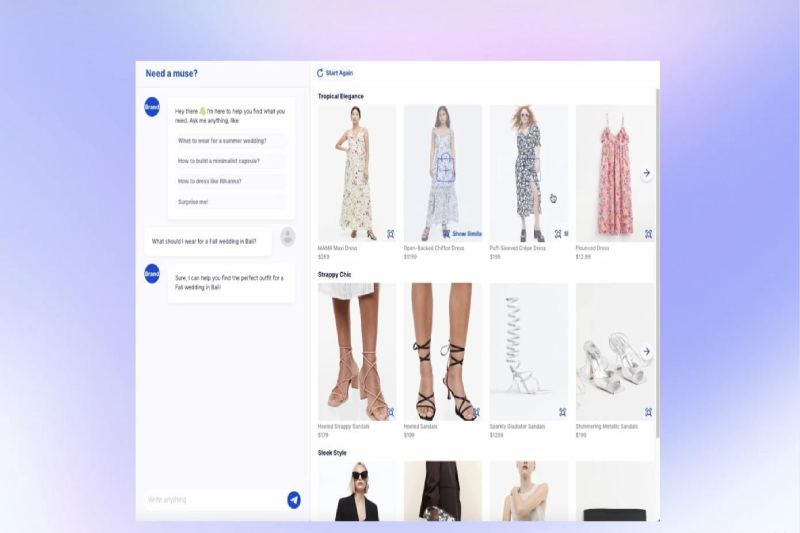Technology
Mastercard introduces Shopping Muse, a shopping assistant driven by AI

Technology
Microsoft Expands Copilot Voice and Think Deeper
Technology
Google Launches Free AI Coding Tool for Individual Developers
Technology
Elon Musk Unveils Grok-3: A Game-Changing AI Chatbot to Rival ChatGPT
-

 Entertainment4 weeks ago
Entertainment4 weeks ago‘Moana 2’ Hits Disney+ After Record-Breaking Theatrical Run
-

 Entertainment4 weeks ago
Entertainment4 weeks agoLatvia Celebrates Historic Oscar Win as ‘Flow’ Captivates the World
-

 Entertainment4 weeks ago
Entertainment4 weeks agoDisney Cancels ‘Tiana’ Series as It Moves Away from Longform Streaming Animation
-

 Entertainment3 weeks ago
Entertainment3 weeks agoHappy Women’s Day 2025: Top 30 Wishes and Quotes to Share with Friends and Family
-

 Entertainment2 weeks ago
Entertainment2 weeks agoZZ Top’s Frank Beard Takes Break from Tour Due to Health Issues
-

 Entertainment2 weeks ago
Entertainment2 weeks agoKanye West Drops New Album ‘Bully’ with Film Starring Son Saint
-

 Entertainment1 week ago
Entertainment1 week agoSunita Williams Returns Home After 8 Months in Space
-

 Entertainment2 weeks ago
Entertainment2 weeks agoRadiohead Teases Potential New Music with Business Filing















